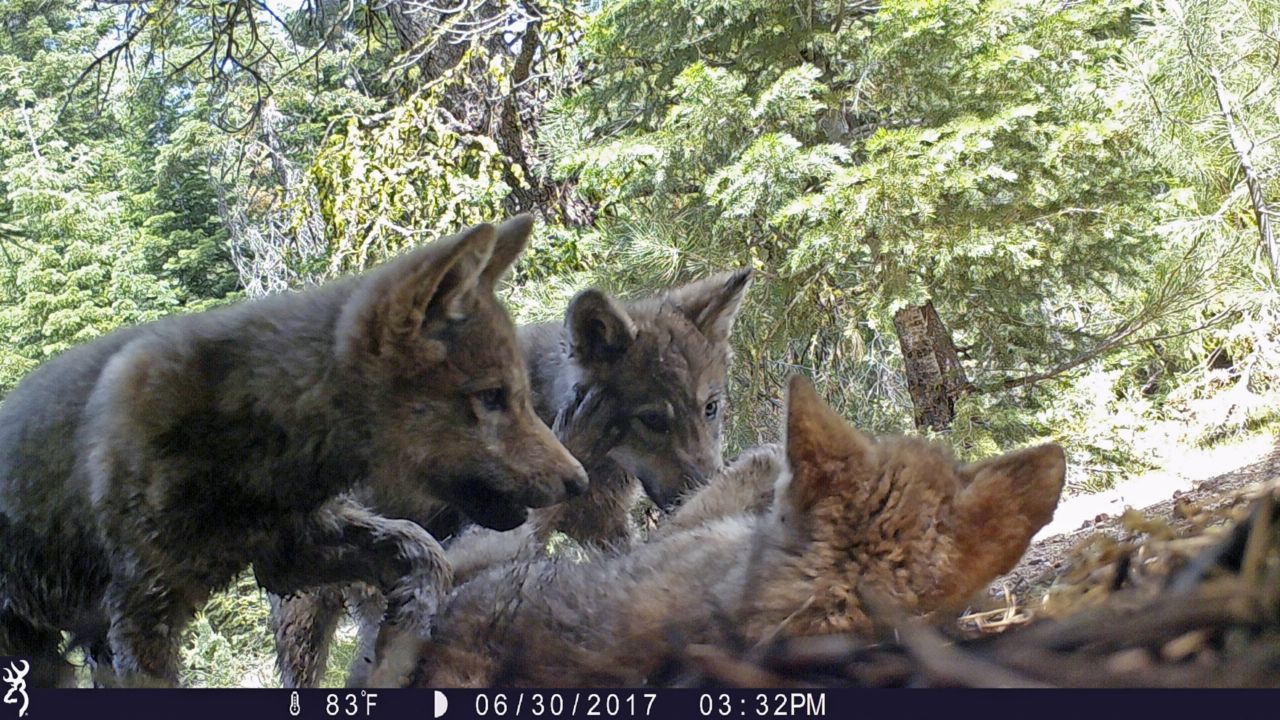Wisconsin
Wisconsin wildlife officials propose 130-wolf limit for fall hunt

MADISON, Wis. (AP) — Wisconsin wildlife officials are proposing limiting the number of wolves hunters can kill this fall to 130 animals, saying they want to take a conservative approach because the impact of a rushed February hunt on the population remains unclear.
State law requires the Department of Natural Resources to hold an annual wolf hunt between November and February. The state held three seasons in 2012, 2013 and 2014 before wolves were re-listed on the endangered species list.
The Trump administration removed them from the list in January. The DNR was preparing to hold a hunt beginning in November 2021 but an out-of-state hunter advocacy group won a court order forcing the department to launch a season in February.
The department scrambled to put the season together, setting a quota for state-licensed hunters at 119 wolves. Hunters blew past that mark, killing 218 wolves in just four days. Animal advocates complained loudly that the hunt had done irreparable harm to the wolf population in Wisconsin.
Nevertheless, the DNR is required by law to hold a season beginning in November. DNR officials prepared a memo for the agency’s board last week that proposes setting the quota at 130 wolves.
The working limit for state-licensed hunters could be lower than that; Wisconsin’s Chippewa tribes are entitled to claim up to 50% of the quota across the ceded territory, a huge swath of northern Wisconsin the tribes handed over to the government in the 1800s. The Chippewa will not hunt wolves; they consider the animal sacred.
Keith Warnke, administrator of the DNR’s Fish, Wildlife and Parks Division, wrote in the memo that the agency must be cautious because the department doesn’t fully understand the impact of the February hunt on the wolf population, noting that hunt was held during wolves’ breeding season.
The department also doesn’t have any experience running a second hunt in one calendar year, he said, and is still working to update its long-range wolf management plan.
“Sustainable management requires conservatism and caution in this fall’s quota,” Warnke wrote.
The board is set to consider the recommendation at an Aug. 11 meeting in Milwaukee.
Follow Todd Richmond on Twitter at https://twitter.com/trichmond1

